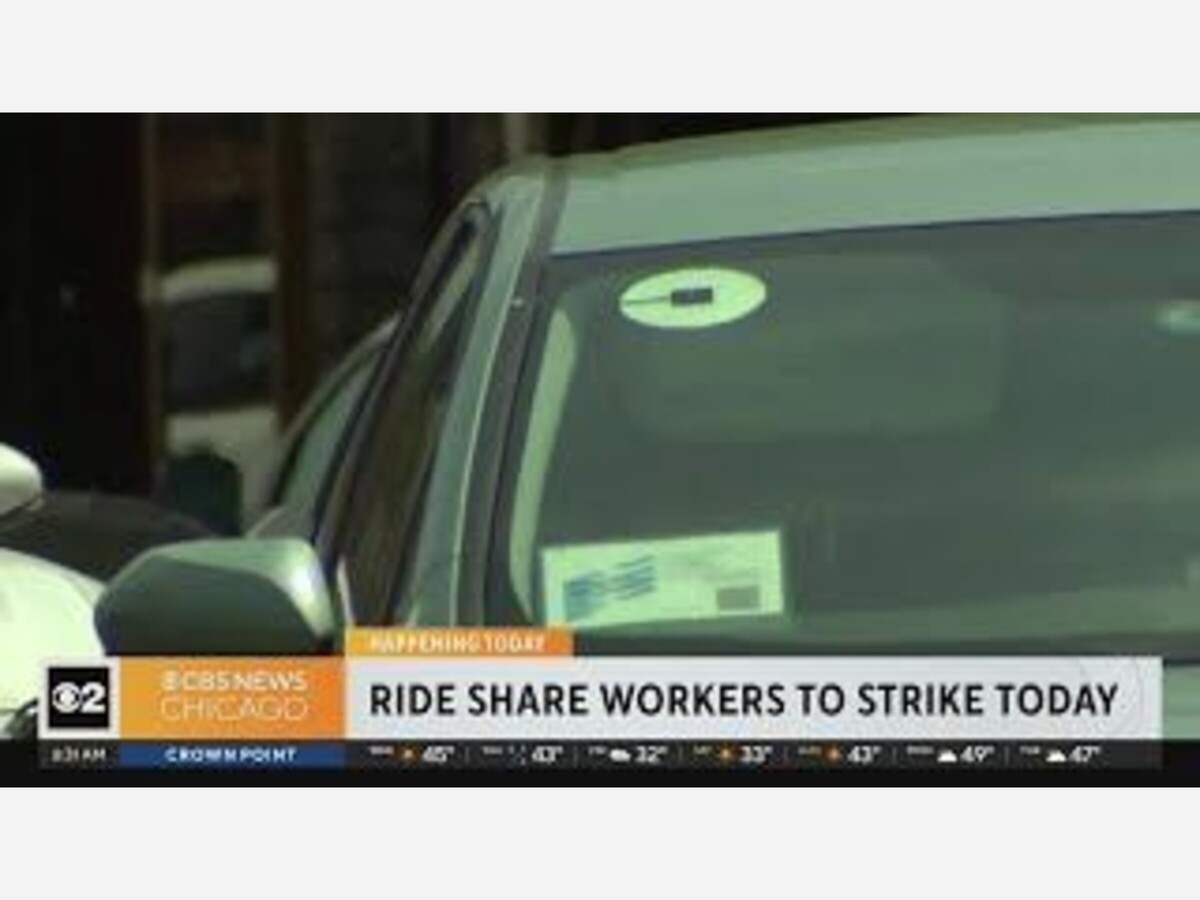Image

This Valentine's Day, plans across the U.S. could be complicated
by a significant development in the world of ridesharing. Lyft and
Uber drivers nationwide are planning a strike on February 14th,
protesting against what they deem unfair compensation and
precarious working conditions. This article explores the strike's
causes, potential effects on your travel needs, and the broader
questions it raises about the gig economy.
Why are Rideshare Drivers Striking?
Lyft and Uber drivers nationwide are planning a strike
on February 14th, protesting against what they deem
unfair compensation and precarious working
conditions.
How the Strike Could Affect Your Travel
If you regularly rely on rideshare apps like Uber and Lyft, it's
essential to be aware of how the strike may impact you, especially
on high-demand occasions like Valentine's Day or upcoming
airport travel:
Companies Respond, Drivers Dig In
Lyft and Uber are aware of driver concerns and have implemented
some features aimed at improving driver experience. In-app
tipping, destination filters, and the ability to see ride information
upfront attempt to increase driver control and earnings. However,
many drivers find these measures insufficient, calling for
fundamental changes to their working conditions.
The Strike's Impact on Chicago
Lyft and Uber are aware of driver concerns and have
implemented some features aimed at improving
driver experience.
Chicago, a major metropolitan area heavily reliant on rideshare
services, could experience particularly severe disruptions. If you're
a Chicago resident, here are specific areas to consider:
• Chicago Airport Travel: Getting to or from O'Hare or Midway
airports using Uber or Lyft might be extremely difficult or
expensive during the strike. Explore airport transportation
alternatives [Reference: FlyChicago]
• Downtown Mobility: Those working or commuting downtown
face limitations in relying on rideshare apps. Research public
transportation routes or walk/bike if possible.
Looking Beyond the Strike: The Evolving Gig-Economy
The upcoming Valentine's Day ride-hailing strike brings an often-
overlooked aspect of our economy into the spotlight. Drivers in
Chicago and across the nation are a backbone of modern
convenience, yet they work within a system where benefits and
security are often elusive. While the immediate focus is on
potential service disruptions, this strike forces us to consider
systemic questions
- Company Responsibility: What level of support and
protection should gig-economy platforms provide their contracted
workforce?
- Consumer Choice: Can riders make informed, values-based
decisions about transportation when algorithms obscure worker
conditions?
- Future of Work: With technological advancement, should
protections keeping pace with evolving employment models?
Conclusion
Whether you depend on rideshares for errands, plan to
celebrate February 14th, or frequently travel through Chicago
airports, the upcoming driver strike demands awareness. For
riders, being prepared for disruptions while showing patience and
understanding for drivers is key. This event goes beyond
transportation inconvenience; it's a moment to reflect on the
balance between innovation and fair labor practices and ask
ourselves what kind of economy we want to build.
What You Can Do
- Stay Informed: Follow news sources and driver advocacy
groups for updates in your area.
- Show Support: If you agree with the drivers' demands,
express support on social media, contact your elected officials, or
explore driver-owned cooperative ride-hailing apps (where
available).
- Be Patient: If using rideshares during the strike, be
understanding of delays and limited service. Show courtesy to
drivers working amid tough conditions.
FAQ
Where is the strike happening?
How long will the strike last?
Are other gig-delivery workers striking?